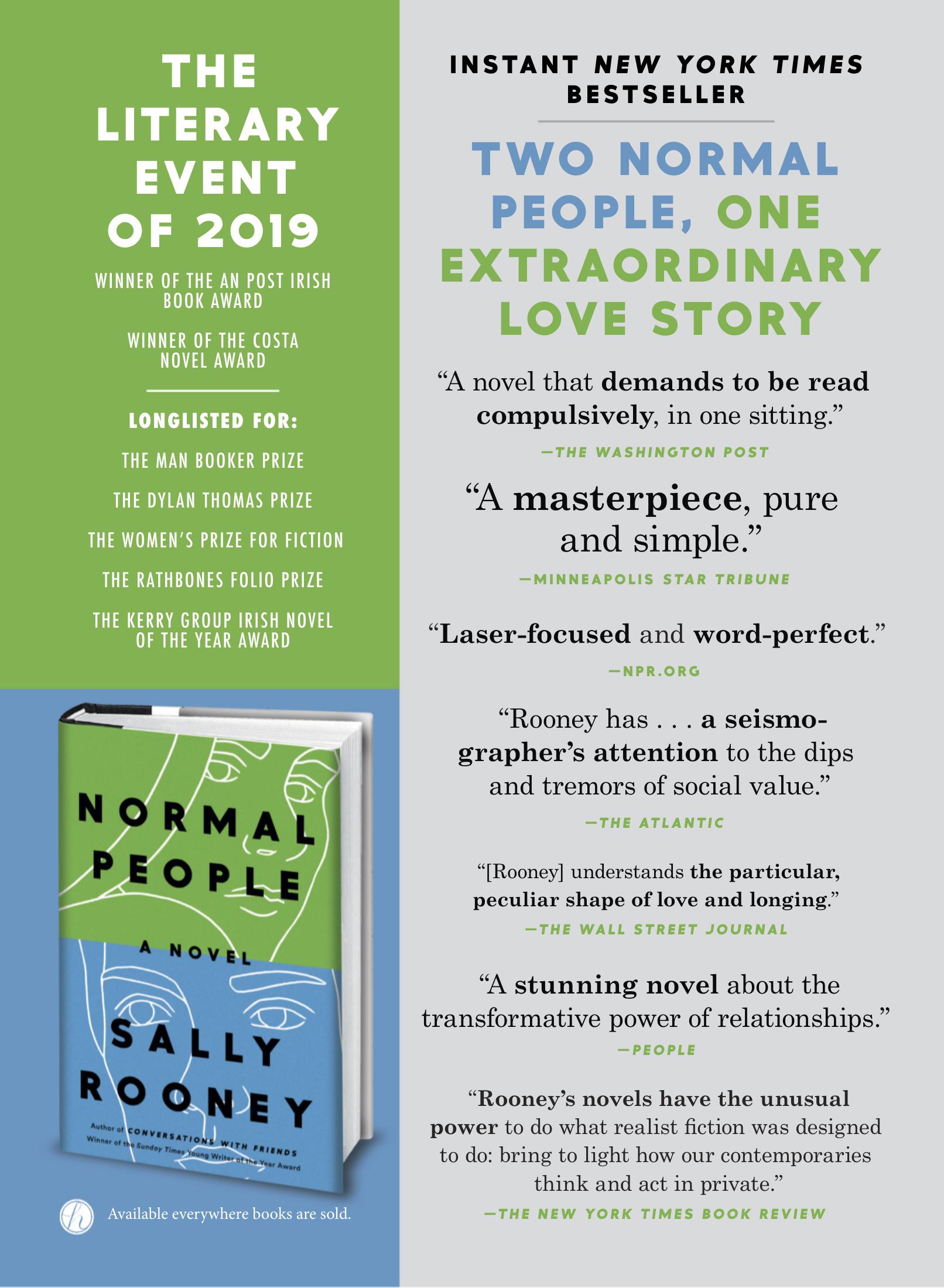The New Yorker by The New Yorker

Author:The New Yorker
Language: eng
Format: mobi, azw3, pdf
Publisher: The New Yorker
Published: 2014-10-26T16:00:00+00:00
Billy Joel has never really been hip. He is widely loved but also, in many quarters, coldly dismissed. The critics got on him early. “Self-dramatizing kitsch” (Dave Marsh); “A force of nature and bad taste” (Robert Christgau). The contempt embedded in the lyrics of “Piano Man,” toward the patrons at the bar and the whole enterprise of entertaining people with music, soured many on him from the start. Joel wasn’t what the critics were looking for in the mid-seventies, when punk was knocking on the door. Their notions of authenticity, however flimsy, didn’t allow for his kind of poppy piano tristesse. One slam on him used to be that he was derivative, aping other voices or styles, or else mercenary, a soulless craftsman exploiting his technical and melodic agility to churn out insidious confections for the purpose of making money. These charges he has answered over and over. In the old days, he’d tear up reviews onstage. He used to call critics on the phone and scold them. (“You can’t know what I was thinking when I was writing that song.”) In his mind, he wasn’t trying to write hits. He just wrote songs that he hoped would sound good together on an album. The record company picked out the singles.
And it did a good job: he had thirty-three Top Forty hits. That’s an awful lot—about twice as many as Springsteen, the Eagles, or Fleetwood Mac. Some were schmalz, others were novelties, but a crate of them are songs that have embedded themselves in the great American jukebox and aren’t going away anytime soon. If you hate them, fine. A lot of people, even some rock snobs, love them still. I’m tired of “Piano Man,” too, but “Scenes from an Italian Restaurant” gets me every time. “Summer, Highland Falls” is for real. As for derivative, Joel won’t deny it; he loved the Beatles, Ray Charles, Otis Redding, and Smokey Robinson, so why not try to sound like them? At his Rock and Roll Hall of Fame induction, in 1999, he was introduced by Ray Charles. Joel said, “I know I’ve been referred to as derivative. Well, I’m damn guilty. I’m derivative as hell.” He said that if the Hall of Fame disqualified candidates on the basis of being derivative, “there wouldn’t be any white people here.”
In a Slate tirade a few years ago, “The Worst Pop Singer Ever,” Ron Rosenbaum wrote, “No career re-evaluations please! No false contrarian rehabilitations! He was terrible, he is terrible, he always will be terrible. Anodyne, sappy, superficial, derivative, fraudulently rebellious. . . . Billy Joel’s music elevates self-aggrandizing self-pity and contempt for others into its own new and awful genre: ‘Mock-Rock.’ ” He called Joel “the Andrew Wyeth of contemporary pop music.”
When I mentioned this to Joel, he said, “What’s wrong with Andrew Wyeth?”
Joel and his camp have the view that they have outlasted the haters. Pressed, he theorizes that maybe they didn’t like his voice. But he doesn’t like his own voice, either. He also doesn’t think he’s much of a piano player.
Download
The New Yorker by The New Yorker.azw3
The New Yorker by The New Yorker.pdf
This site does not store any files on its server. We only index and link to content provided by other sites. Please contact the content providers to delete copyright contents if any and email us, we'll remove relevant links or contents immediately.
0041152001443424520 .pdf by Unknown(2845)
A Short History of Nearly Everything by Bryson Bill(2698)
A New Earth: Awakening to Your Life's Purpose by Eckhart Tolle(2652)
Hyperbole and a Half by Allie Brosh(2514)
The Best of Archie Comics(2070)
Deep Dark Fears by Fran Krause(2068)
The Art of Flight by unknow(1878)
I Really Didn't Think This Through by Beth Evans(1794)
Laughter Really Is the Best Medicine: America's Funniest Jokes, Stories, and Cartoons by Editors Of Reader's Digest(1739)
Only What's Necessary: Charles M. Schulz and the Art of Peanuts by Chip Kidd(1697)
A Very Stable Genius by Philip Rucker & Carol Leonnig(1675)
Good with Words by Patrick Barry(1661)
Book Love by Debbie Tung(1634)
Bibliophile by Jane Mount(1584)
1592005179.pdf by Unknown(1537)
The Worrier's Guide to Life by Gemma Correll(1504)
Big Mushy Happy Lump by Sarah Andersen(1478)
Blondie by Dean Young(1473)
Only Dead on the Inside by James Breakwell(1469)
